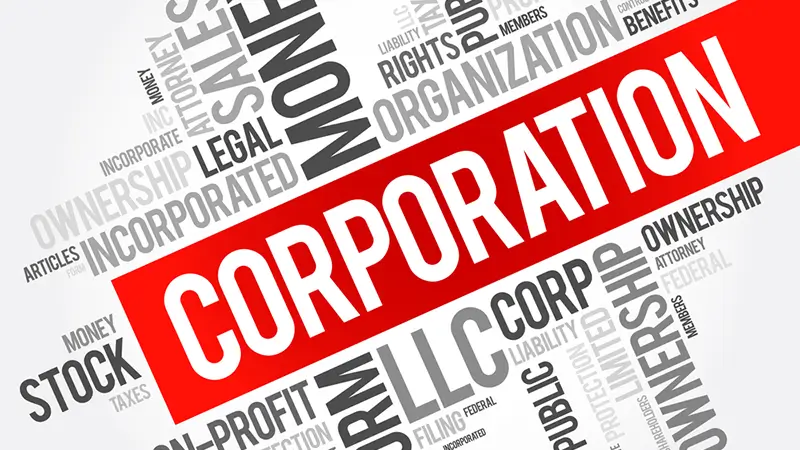U.S. Venezuela Tax Treaty
Are you uncertain about the impact of the US-Venezuela tax treaty on your financial interests? This vital agreement helps prevent double taxation for...
For business owners or entrepreneurs in the United States, having a clear understanding of corporate tax rates is essential for effective financial planning and tax compliance. C corporations, a commonly used business structure, are subject to a federal corporate tax rate of 21%. It's crucial to remember that this rate is just the starting point, as additional state and local taxes may also be applicable.
C corporations are separate legal entities from their owners. This means that the corporation is responsible for paying its own taxes, and the owners are not personally liable for the corporation's debts or taxes. C corporations are also subject to double taxation, meaning that their profits are taxed at the corporate level and then again when distributed to shareholders as dividends.
Corporate tax rates, or corporate income tax rates, are the taxes businesses pay on their profits. These taxes are imposed by the federal government, as well as by most states and localities. The federal corporate tax rate stands at a flat 21%, but your business's total tax rate may vary depending on your state and local tax rates.
The current federal corporate tax rate in the United States is 21%. This rate applies to all C corporations, regardless of size or industry. However, several deductions and credits can reduce a corporation's taxable income and, consequently, its tax liability.
In addition to federal taxes, C corporations may also be subject to state and local income taxes. State corporate tax rates vary widely, from 0% to 12%. Some states also have local income taxes, which can further increase a corporation's tax burden.
The effective tax rate is the actual percentage of a corporation's profits that it pays in taxes. The effective tax rate can be lower than the statutory tax rate (21%) due to deductions, credits, and other tax breaks. For example, a corporation that takes advantage of the deduction for qualified business income (QBI) may have an effective tax rate of as low as 19%.
Tax planning is essential for C corporations to minimize their tax liability. There are several strategies that corporations can use to reduce their taxes, such as:
Business owners and entrepreneurs should consult with a tax advisor to discuss their specific tax situation and develop a tax planning strategy that can help them minimize their tax liability. A tax advisor can also help corporations comply with all applicable tax laws and regulations.
Corporate income tax is calculated by applying a tax rate to the taxable income of a corporation. Taxable income is the gross income of a corporation minus its allowable deductions and expenses. Gross income includes all revenue generated by the corporation, such as sales, interest, and dividends. Deductions and expenses include items such as the cost of goods sold, wages, rent, and depreciation.
There are several ways that businesses can minimize their corporate income tax liability. These strategies include:
At H&CO, we have a team of skilled tax professionals (CPAs) who have a deep understanding of the intricacies involved in income tax preparation. Our experts are committed to guiding you through the entire process with utmost care and attention. We provide exceptional service and a customized approach to help you navigate the US and international income tax laws while keeping you updated with the latest changes.
With offices in the US in Miami, Coral Gables, Aventura, Fort Lauderdale, Orlando, Melbourne, and Tampa as well as offices in over 29 countries, our CPAs and International Tax Advisors are readily available to assist you with all your income tax planning, tax preparation and IRS representation needs. To learn more about our accounting firm services take a look at our individual tax services, business tax services, international tax services, expatriate tax services, SAP Business One, entity management, human capital, and audit and assurance services.

Are you uncertain about the impact of the US-Venezuela tax treaty on your financial interests? This vital agreement helps prevent double taxation for...

Are you navigating the intricate world of cross-border finances and wondering how US tax treaties affect your tax obligations? US tax treaties are...

In 2024, the US-Chile tax treaty became a critical tool for anyone engaged in commerce, in investments, or facing tax implications within the US and...
